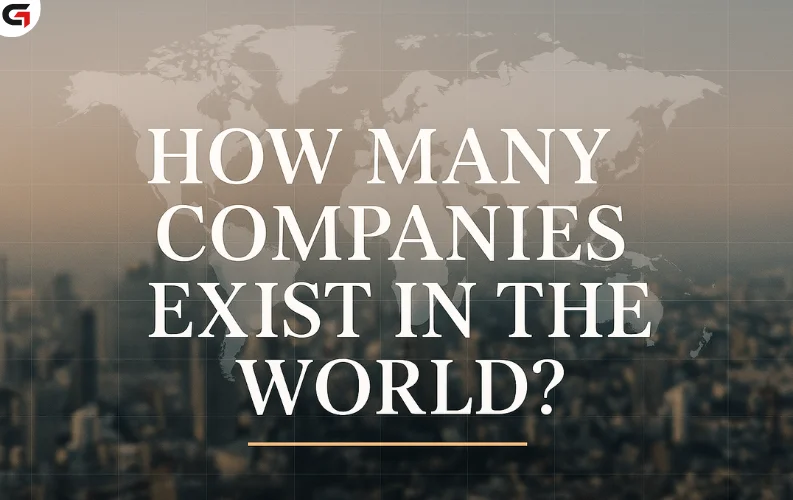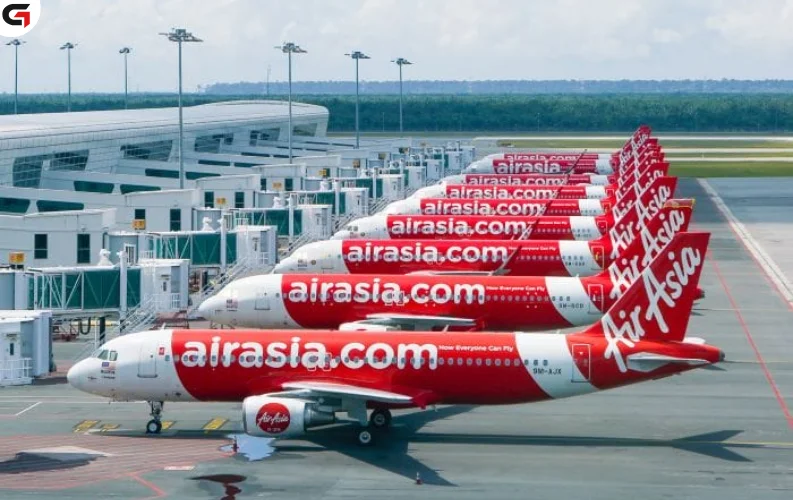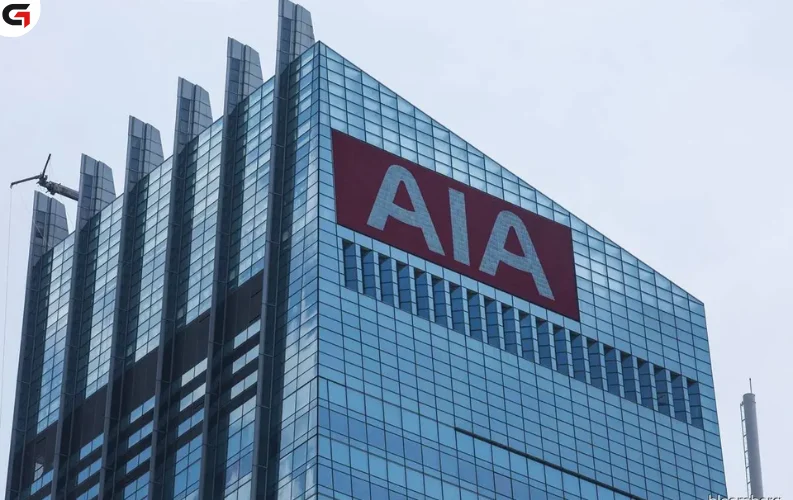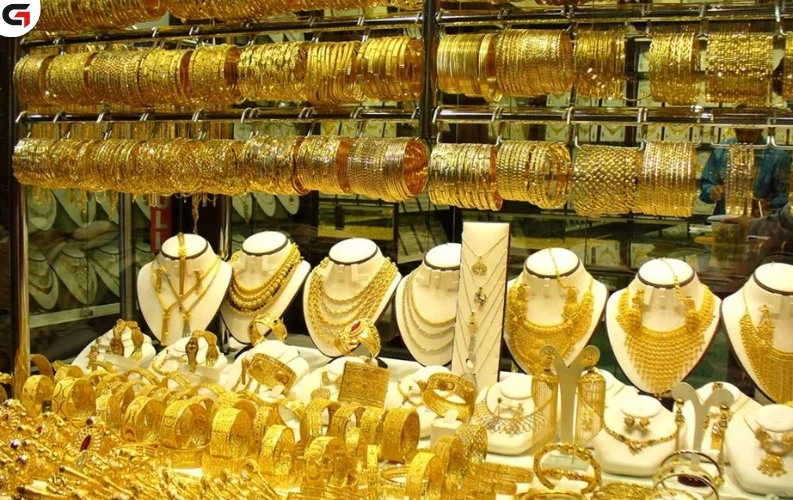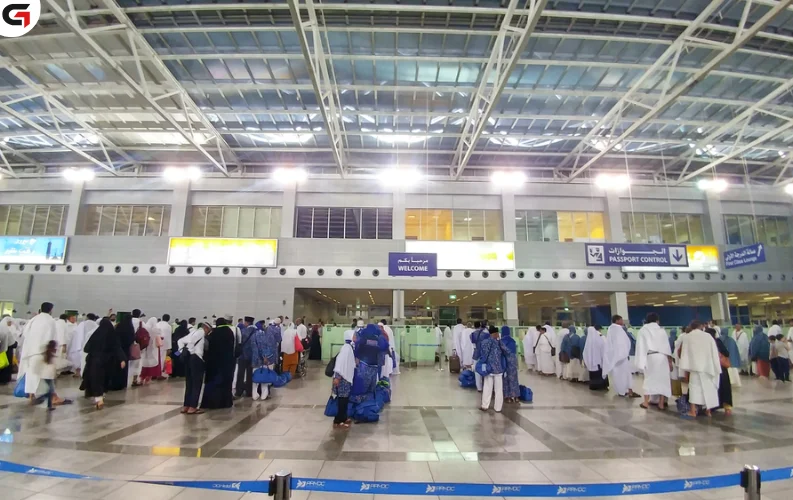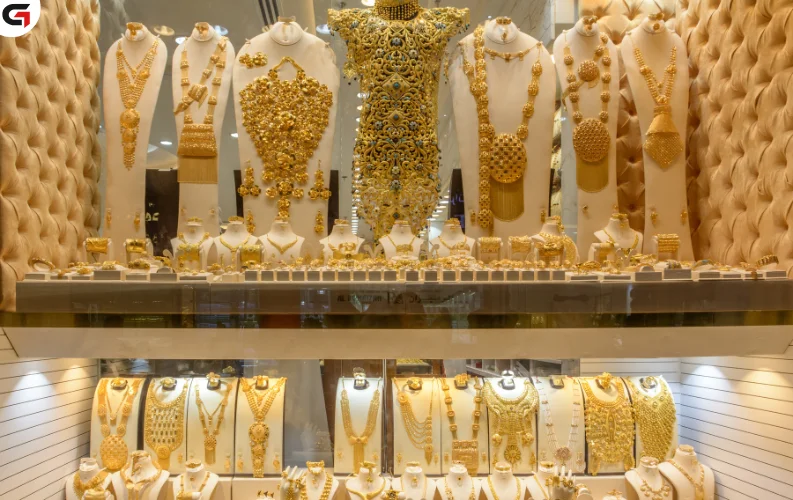Dubai’s hospitality sector is set for significant growth, with over 11,300 new hotel rooms expected to be added by 2027, according to a report by Cavendish Maxwell. In 2025 alone, nearly 4,620 rooms are scheduled for completion.
In 2024, Dubai expanded its hotel inventory by 4,255 rooms across 19 new hotels, marking a 2.9 percent increase. By December 2024, the total number of hotels in Dubai reached 724, offering 151,245 rooms.
The hospitality market is projected to grow further, with a 3.1 percent increase in 2025 and 3.4 percent in 2026. By 2027, Dubai’s total hotel capacity is expected to exceed 162,600 rooms across 769 properties.
Luxury and Upscale Hotels Continue to Dominate
Dubai’s hospitality market is heavily skewed toward luxury accommodation, with nearly 70 percent of available rooms in 2024 classified under luxury, upper upscale, and upscale categories.
This trend is expected to continue in 2025, as a significant portion of the upcoming hotels will cater to high-end travelers.
Industry Insight:
"Dubai’s hospitality and tourism sectors reached new milestones in 2024, with 18.72 million overnight visitors. The city added 4,255 new hotel rooms, and another 20 hotels and resorts are expected in 2025. This aligns with the Dubai Economic Agenda (D33), which aims to position Dubai among the world’s top three tourism destinations."
— Gergely Balint, Associate Partner at Cavendish Maxwell
Tourism Growth and Economic Contribution
Tourism continues to play a major role in Dubai’s economy. In 2024, the sector contributed Dhs236 billion, accounting for 12 percent of the UAE’s GDP, up from Dhs220 billion in 2023.
The total number of overnight visitors to Dubai increased by 9.1 percent in 2024, reaching a record 18.72 million, compared to 17.15 million in 2023.
Dubai’s tourism appeal was further reinforced by several global recognitions, including multiple World Travel Awards for the world’s leading shopping and exhibition destination. Dubai International Airport was also recognized as the world’s leading airport.
Hotel Performance and Market Trends
Dubai’s hospitality sector maintained strong occupancy rates and steady revenue growth in 2024.
- Hotel occupancy: 78 percent, a 1 percent increase from 2023
- Luxury segment occupancy: 3 percent growth, despite a 1.9 percent decline in average daily rates (ADR)
- Average daily rate (ADR): Dhs690, reflecting a 0.2 percent growth
- Revenue per available room (RevPAR): 1.3 percent increase, driven by higher occupancy rates
- Upper midscale hotels: 1.9 percent RevPAR growth, the highest among all categories
Key Source Markets for Tourism
Dubai continues to attract visitors from around the world, with Western Europe remaining the largest source market in 2024.
- Western Europe: 20 percent (3.7 million visitors)
- South Asia: 17 percent
- Gulf Cooperation Council (GCC) countries: 15 percent
- Eastern Europe: 14 percent
- Northeast and Southeast Asia: Notable increase, largely due to the resurgence of outbound tourism from China
Dubai International Airport also reported a record 92.3 million passengers in 2024, reflecting a 6.2 percent increase from the previous year. The airport’s busiest month was December 2024, with 8.2 million passengers recorded.
Hospitality Growth Across the UAE
While Dubai remains the focal point of the UAE’s hospitality industry, other emirates have also experienced growth in hotel performance.
Abu Dhabi
-
ADR growth: 14.5 percent for city hotels, 14.4 percent for resorts
Ras Al Khaimah
-
1.28 million visitors in 2024, reflecting a 5 percent increase from 2023
- The Wynn Al Marjan Island resort, scheduled to open in 2027, is expected to boost tourism further
Fujairah
-
ADR increase: 4 percent, driven by new tourism initiatives
Conclusion
Dubai’s hospitality sector is on track for substantial expansion, aligning with the Dubai Economic Agenda (D33), which aims to position the city among the top three global travel destinations.
With continuous investments in infrastructure and high-end accommodation, Dubai is expected to strengthen its position as a leading international tourism hub by 2027.







